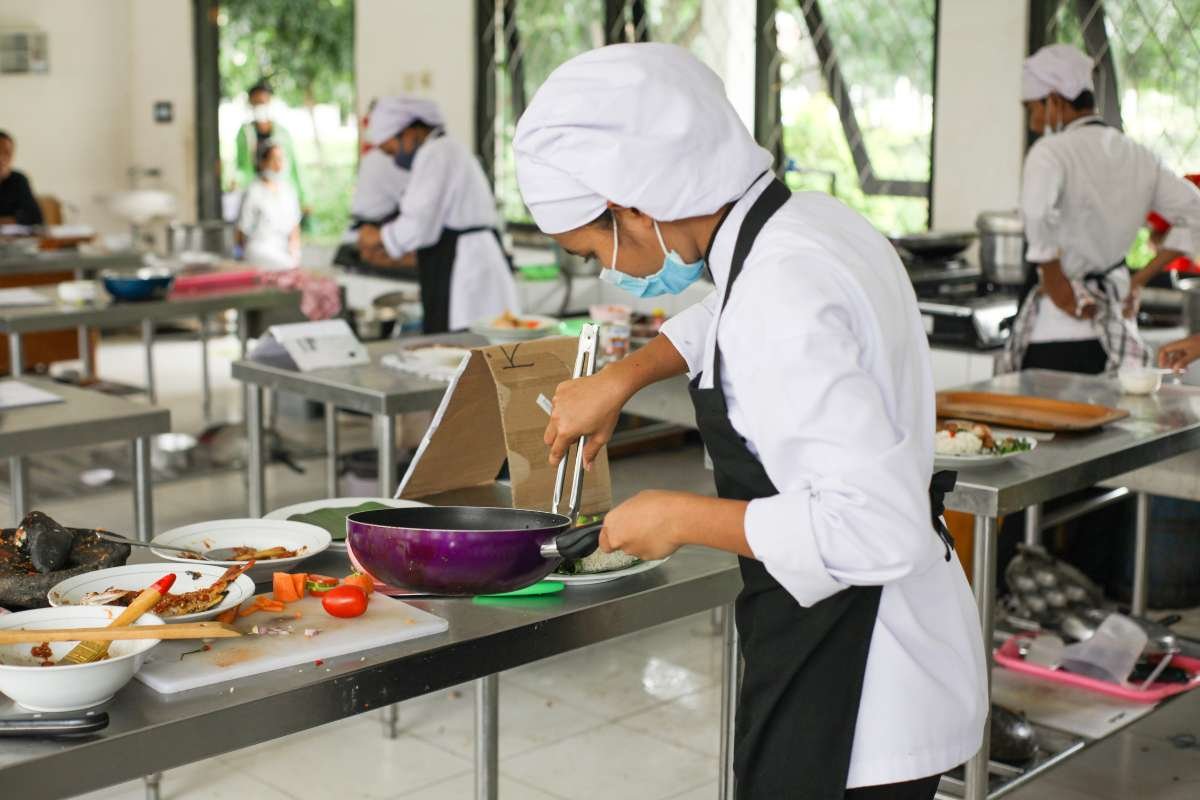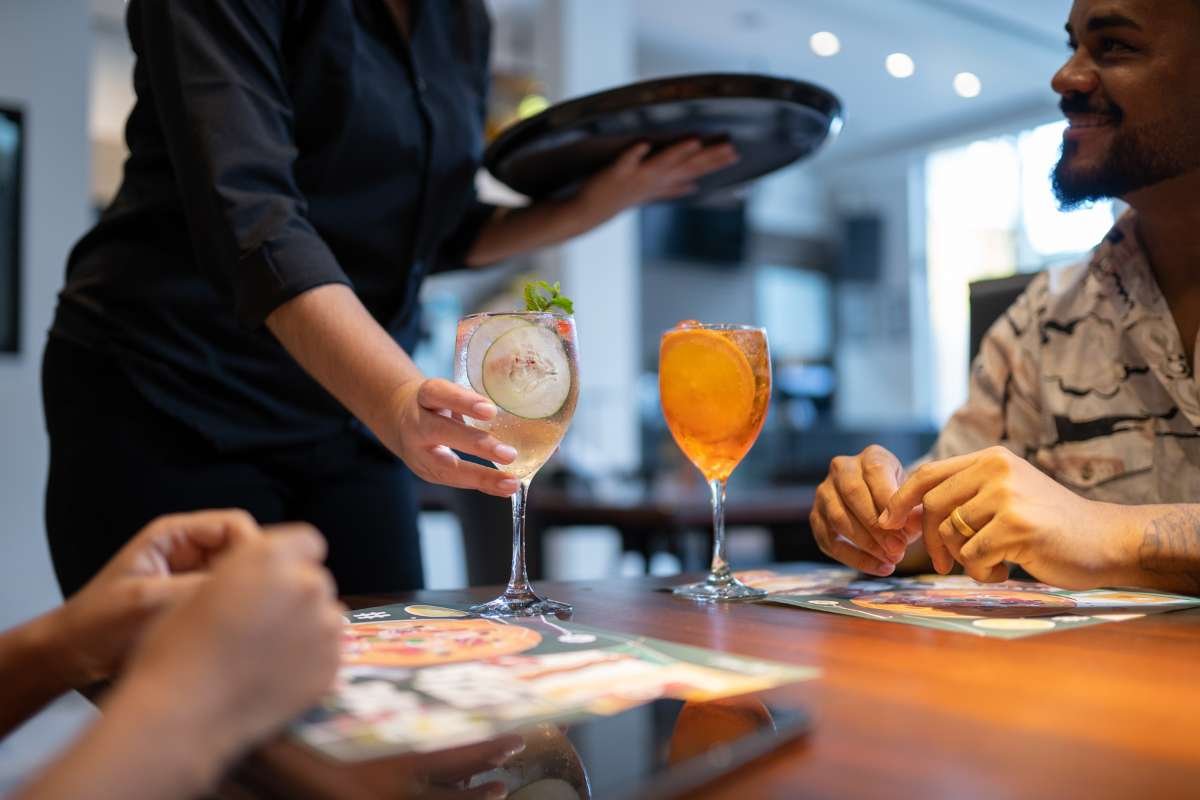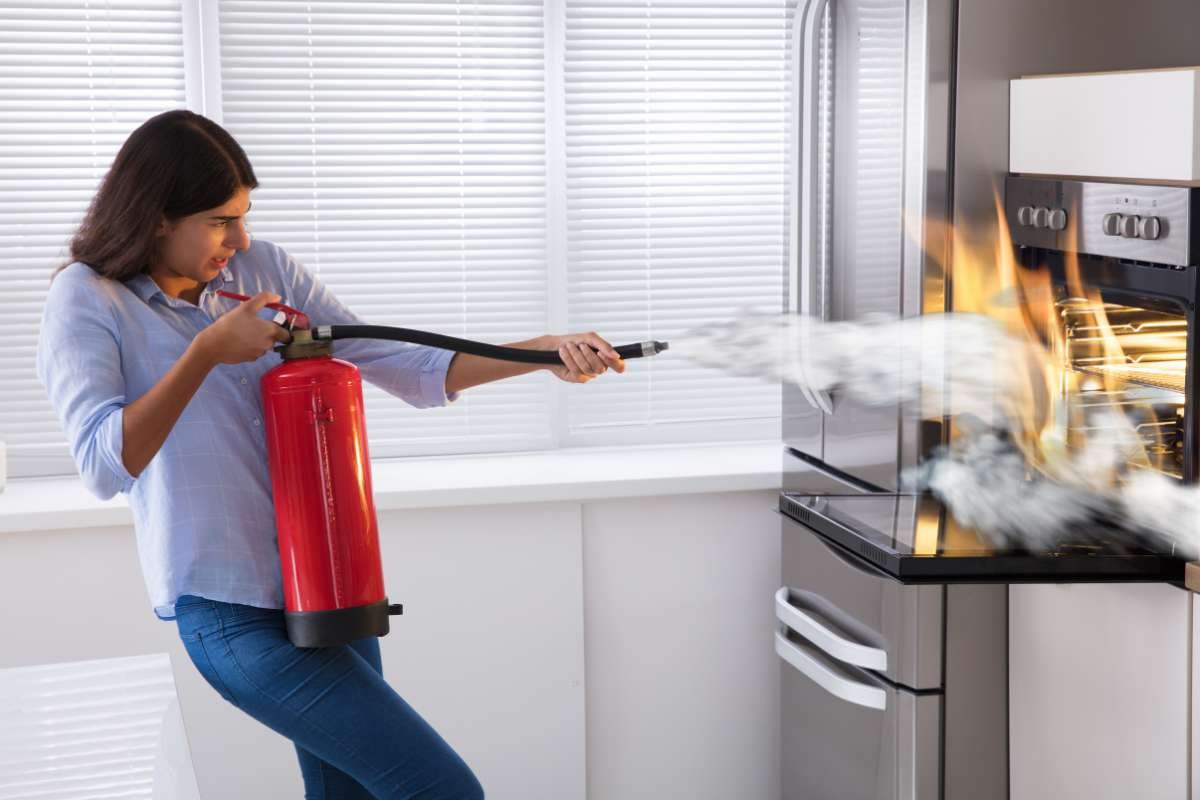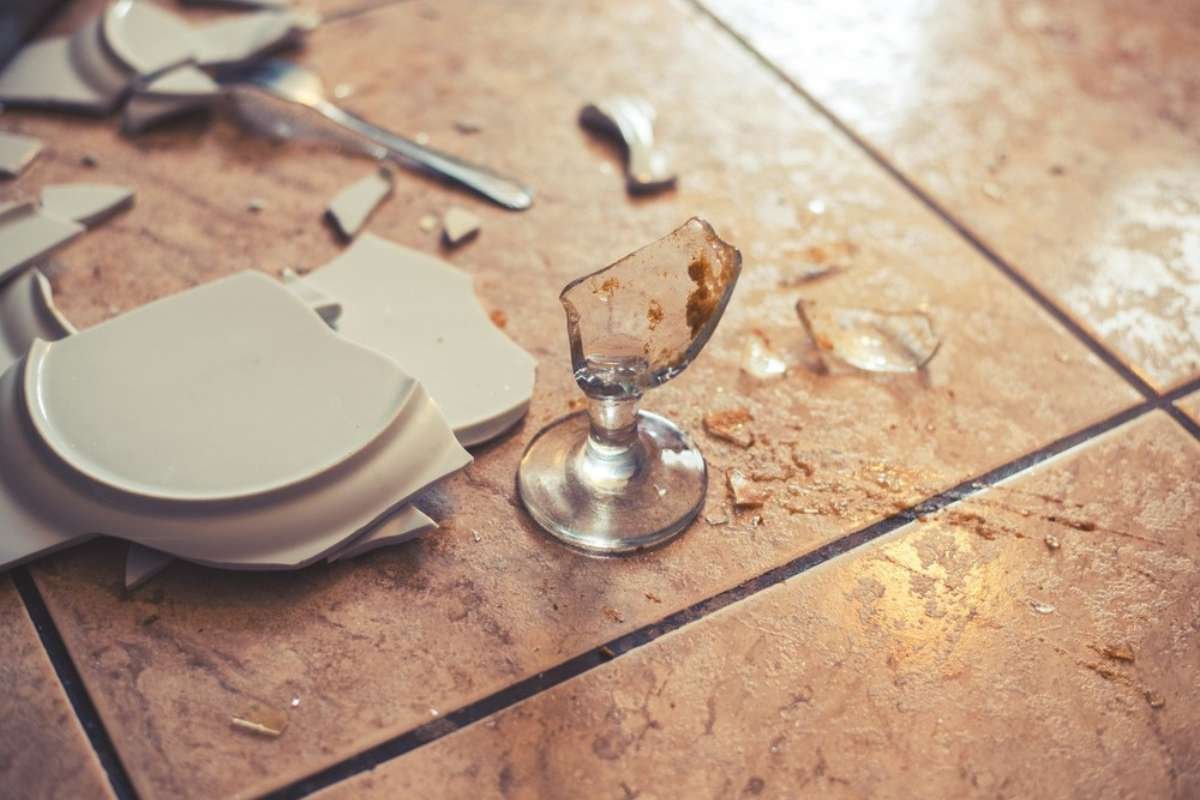If you’ve ever worked in the hospitality industry, you know there’s a lot more to it than just serving great food/drink and giving guests a warm reception. In the background, each shift is a juggling act. You’re wrangling people, equipment, food safety, customers — all while trying to keep things running smoothly. With so much going on, mistakes and accidents are bound to happen.
That’s why Hospitality risk management isn’t just paperwork. It’s what keeps your team safe, protects your business, and keeps your doors open. If you manage a small cafe, busy restaurant or large hotel, being proactive helps prevent problems before they start. From staff training to hygiene, safety and insurance cover, the right safeguards mean you’re prepared for everything.
Here are six essential measures that every hospitality business should have in place to manage risk effectively and keep things running without a hitch.
Six Essential Strategies for Hospitality Risk Management:
1. Protect Your Business with the Right Insurance Cover
Of course, even the best laid plans can go haywire. A customer can take a tumble on a wet floor or trip over a chair leg, and suddenly, you have an expensive claim on your hands. This is why it’s crucial to have public liability insurance cover. This unique type of business insurance cover is designed to protect your business if somebody is injured or property is damaged while on your premises.
Think of it as your safety net. It covers legal and compensation costs that could otherwise sink a small business. Review your policy yearly, and especially after major changes like new outdoor seating, renovations or events. It’s an easy step and one that delivers peace of mind so you can continue doing what you do well, without having to worry about the “what ifs”.
2. Prioritise Health and Safety Training

The best Hospitality risk management crews are the ones that have learned how to be safe without losing their groove. Training isn’t just a matter of ticking off compliance boxes — it’s about helping staff to identify risks before they end up as accidents. Burns, falls, broken glass, heavy lifting and food allergies are all commonplace in kitchens and dining rooms. And everything flows more smoothly when your team knows how to deal with them.
Make safety part of your culture, not just your onboarding process. Advise workers that when they see a hazard, they should speak up about it instead of ignoring it or trying to work around it. The goal is to transform the workplace into a place where everyone watches out for one another, and safety becomes as common — and as instinctive — as service itself.
3. Maintain Food Safety Standards
In the hospitality industry, reputation is everything. And most often than not, your reputation hinges on two things: good service and food safety. One slip up in the kitchen can result in food poisoning, complaints or closures. First things first, keep your workspace clean and tidy. Staff should be properly trained on how to handle ingredients safely, avoid cross-contamination, store food at the right temperatures, and clean down properly after each shift.
Consistency matters. Even on slow days, tasks like labelling, rotating stock and taking fridge temperatures are non-negotiable. Your reputation and your customers’ health and safety are on the line, regardless of whether you’re serving just one or a hundred customers. Encourage your team to treat food safety as second nature, the same way they treat customer service. It’s what separates a reliable business from one that’s constantly putting out fires.
4. Manage Alcohol and Responsible Service

For locations that serve alcohol, Hospitality risk management involves much more than simply checking IDs. It’s about creating a safe space for customers and staff while keeping your licence and reputation intact. Serving someone who’s already had too much or missing an underage drinker can cause serious trouble, so it’s worth taking responsible service seriously.
Responsible service protects both your customers and your business. Ensure every staff member has current RSA training and actually feels comfortable using it. Handling intoxicated guests isn’t easy, but a calm, steady approach keeps things from getting out of hand. It helps to remind your team that saying “no” when needed is part of good service, not the opposite of it.
Before big nights or events, take five minutes for a quick team chat. Talk about who’s keeping an eye on the floor, what warning signs to look out for, and when to step in or call for help. When staff know they have backup, they’re more likely to act when it matters.
5. Secure Your Premises and Equipment
Good security starts with simple, consistent habits. It goes without saying that locks, alarms and security cameras should be working properly, especially if you open till late. Keep entrances brightly lit so employees and customers feel safe entering and leaving. Have a clear closing and cash-handling process that’s followed by everyone, every time. A few minutes spent inspecting doors or security systems at the end of a shift can save plenty of stress down the line.
Don’t forget about maintenance inside the venue. A wobbly stool, a frayed cord or a leaky fridge may all sound minor, but any one of those things could soon lead to a significant injury or shutdown. Keep up with regular maintenance and fix small problems before they snowball. It’s cheaper and safer to maintain your equipment than to deal with a breakdown or fire later on. When everything’s in good shape, the whole place runs safer and smoother.
6. Plan for Emergencies and Review Regularly

Finally, emergencies happen, no matter how well you run your establishment. A kitchen fire, a burst water pipe, a gas leak, or an unexpected power cut can throw everything out of whack. Having an emergency plan means you can act quickly and stay calm when it happens. Every person on your team should know the location of fire extinguishers and first aid kits, how to turn off power or gas, and who to call first.
Once a plan’s in place, don’t just file it away. Take the time to review it regularly, and change it as necessary. Hospitality Risk Management is a fast-moving game — new staff arrive, layouts are rearranged, menus evolve. When the unexpected occurs, you’ll be glad that you’ve kept your safety plans up to date.
Safeguard your Hospitality Business with these Risk Mitigation Strategies
Hospitality is always going to have an element of chaos to it, but good systems and solid preparation keep it under control. Training your team, maintaining food and workplace safety, and having the right insurance in place means you’re ready for whatever the day throws at you.
Hospitality Risk management is first and foremost about care. It’s taking care of your employees, your customers and your business so that you can focus on what hospitality is meant to be: creating great experiences for everyone who walks through the door. So, spend some time mitigating risks, and you’ll bear the reward of an establishment that thrives for years to come.


















